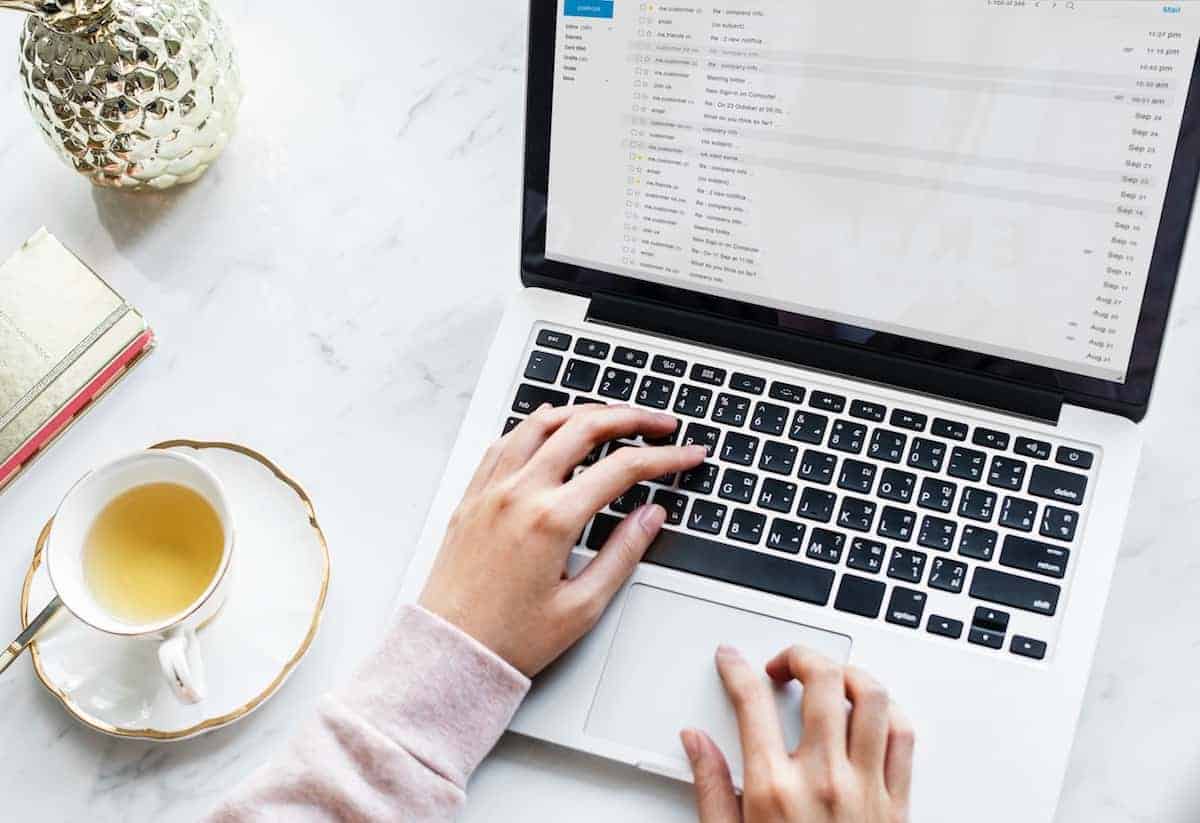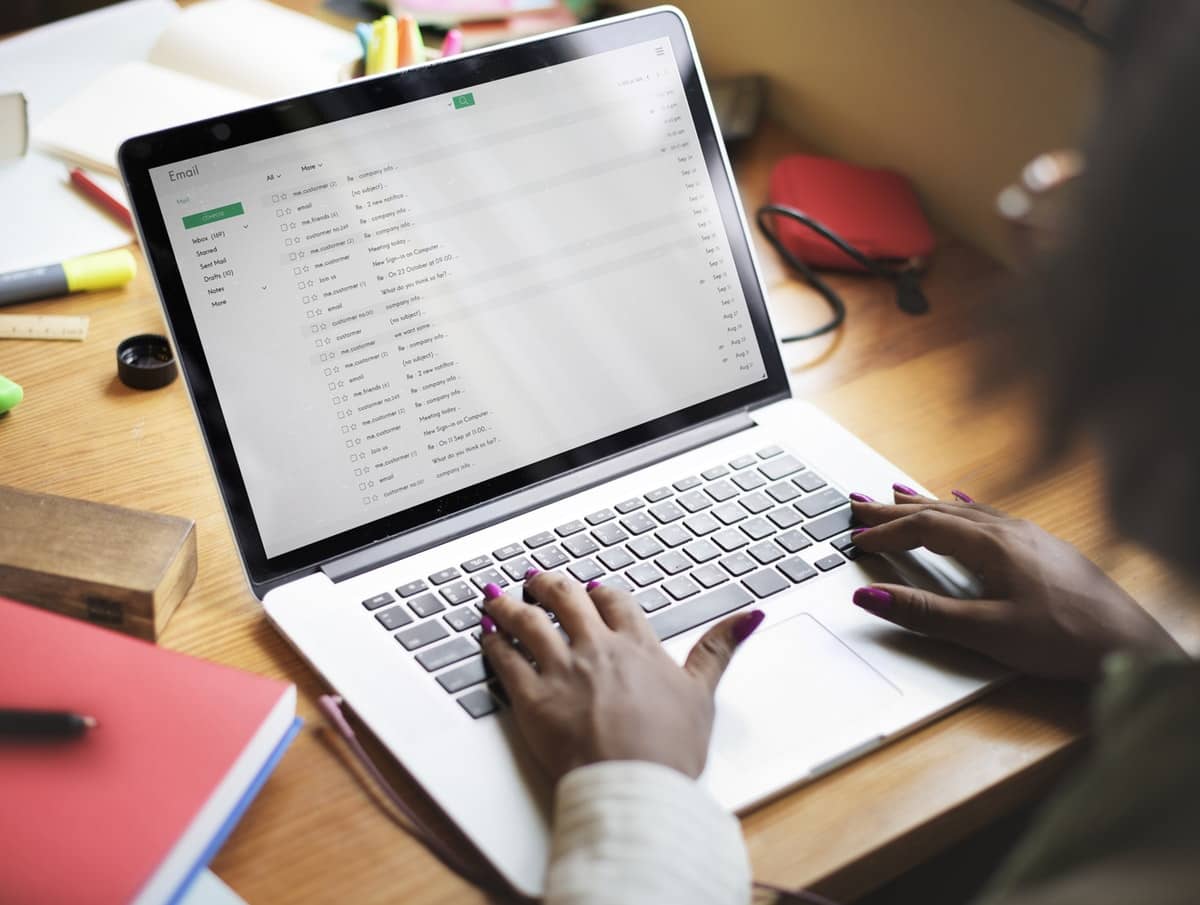Last Updated on February 29, 2024
After carefully planning and diligently putting across your message in the body of a letter, then comes the closing part and suddenly, your mind goes blank. Intuitively, the ending of a letter should be the easiest part. But as it turns out, it’s one of the most difficult parts to execute, especially if you’re writing a formal letter.
While there’s a bit of leeway on how you can sign off an informal letter or email, the rules of ending a business letter are quite rigid. Any phrase that you use to close a business letter carries certain connotations which could significantly influence the recipient’s reaction.
Remember that typically, most people skim through documents first before reading them. And how you sign off your letter could determine whether they even go on to read the body content.
Read on as we explore some expert tips on how to end a business letter or email.
Top Factors to Consider When Ending a Business Letter

The most obvious factor that determines how to sign off a business letter is the relationship that exists between you and the recipient.
If the recipient is a person that you barely know or have never met, the more appropriate closing would be “Regards,” “Sincerely,” or “Respectfully.” The same applies if you’re addressing the letter to someone that ranks higher than you in an organization.
On the other hand, you could use a less formal closing if the recipient is someone you frequently interact with. Less formal closings are also ideal where the recipient holds the same position or ranks lower than you in the organization. Examples of these semi-formal endings include “Best,” “Thanks,” “Cordially,” etc.
Besides relationship considerations, the ending of a business letter or email should also be closely connected with the content and purpose of the letter. Otherwise, the closing part might sound awkward and out of place.
For instance, if you’re writing a job application or are requesting a favor, you want to show the recipient that you anticipate their reply. For such letters, you may consider an ending that’s preceded by a sentence like, “I look forward to hearing from you soon”. Doing so will improve the chances of the recipient replying to your email, even if the feedback may not be what you expected.
Similarly, if you’re writing a business letter where you don’t anticipate immediate feedback from the recipient, you could simply sign it off using “Sincerely,” “Respectfully,” or “Thanks.”
How you end a business letter may also be influenced by the content of the last paragraph before the closing part.
This paragraph is usually the shortest, preferably one or two lines, and often serves any of the following purposes;
- Summarizing critical points;
- Restating the purpose of the letter;
- Requesting an action;
- Offering an invitation;
- Expressing gratitude; or
- Confirming a connection.
Another best practice when ending a business letter is to add your signature. The signature usually comes below the closing phrase and can be followed by your contact information. You could also consider including your title and contact information, such as your phone number and email address.
For business emails, you won’t need to include your email address in this part. Instead, you can embed links to your company’s home page or social media profiles.
Common Business Letter Closings

1. Sincerely/Sincerely Yours
This is the most popular way of signing off business letters. As the word suggests, Sincerely restates the fact that you’re sincere, both in terms of the content and intent of the letter. It’s mostly recommended when you’re not very familiar with the recipient.
2. Best/Best wishes/All the best/All best
You can end a business letter with any of these sign offs to mean that you hope the receiver experiences a happy and successful future.
This sign off is mostly used in semi-formal situations, especially when writing to a recipient that you’ve frequently interacted with before.
3. Best Regards
Best Regards is the more formal version of All the Best. Therefore, it’s ideal when you’re addressing the letter to unfamiliar contacts, or people you don’t interact with often. However, the intention is more or less the same – you wish the recipient all the good things in life.
If you want the letter to look a bit more formal, you can simply use Regards. Or, you could use Warm Regards if you want to make the email less formal.
4. Kind Regards
Kind Regards is used where the recipient of the letter is not a stranger to you.
It’s one of the softest business letter closings that’s often added to show that you hold the recipient in high esteem.
5. Thanks

Thanks is an ending that you use to express gratitude. It’s mostly suitable when writing a business letter where you’re accepting a job, invitation, or challenge. Also, you could simply use this sign off to show your appreciation to the recipient for having taken their time to read your letter.
However, when using Thanks to sign off a letter, be sure the recipient already understands what you’re being grateful for. Otherwise, you might create an impression that the letter was addressed to the wrong person. For instance, you cannot use Thanks when writing a show cause letter.
Other variations of Thanks include Thanks so much, Thanks!, and Thank you.
6. Thanks again
Thanks again is also used to show gratitude and appreciation. However, this closing is ideal where the entire content of the letter is about gratitude. Adding Thanks again at the bottom of the email reminds the recipient that you can’t thank them enough for their deeds or kind gestures.
When using this ending, be sure it doesn’t appear in the body of the letter verbatim.
A letter could be about gratitude even when the word Thanks or Thank you doesn’t appear anywhere. But when it comes to the closing, remind the recipient that the entire letter has been all about expressing your gratitude. And the best way to do that is to sign off using Thanks again.
7. Thank you for your time/Thanks for your attention
This closing is self-explanatory – you want to thank the recipient for reading the letter.
8. Appreciatively
Appreciatively is usually used in the place of Thank you or Thanks again. It’s also an indication that you’re thanking the receiver for taking their time to read your letter.
However, it’s suitable for use where you already thanked the recipient in the letter once, using Thanks or Thank you.
9. Respectfully
You use Respectfully when you want the recipient to know that you indeed respect them. The closing is suitable in letters addressed to your seniors or the management.
10. Yours truly
Yours truly has always been associated with informal letters, but it’s just as effective for business letters and emails. When you use Yours truly in a business letter, you want to emphasize that you can vouch for the authenticity and sincerity of the content.
It’s mostly used when writing to a person you’ve interacted with before, such as a work colleague. This semi-formal letter ending may also be used when you want to make it obvious to the recipient that you consider them more than just a work colleague or business partner.
Now, there are certain occasions where you could choose not to sign off your letter. As strange as it may sound, having no sign-off is actually ideal in several circumstances. For instance, you could choose to omit a sign-off when you’re replying to chain emails, especially to recipients you’re already familiar with. But even then, ensure the first letter in the email chain is duly signed off so that it doesn’t seem to end suddenly.
Inappropriate Business Letter Closings

Most of the letter endings we’ve highlighted above are perfect for business letters. Some are semi-formal and will do for both formal and informal letters. However, there are certain endings that you must not use in a business letter whatsoever.
Examples include;
• Cheers;
• Hopefully;
• Warmly;
• Peace;
• Ciao;
• Cordially;
• Later;
• Enjoy;
• Goodbye;
• Bye for now;
• Very truly yours;
• Always;
• Love;
• TTFN (ta ta for Now, or Goodbye);
• TTYL (talk to you later);
• Initials;
• XOXO;
• See ya; or
• An emoji
Wrap Up
There goes our guide on how to sign off a business letter. Remember, the closing that you add to a business letter can influence whether the receiver will acknowledge the letter or not. Or, if they’ll go ahead and read it in the first place. So, never skimp on a decent, professional, and appropriate letter ending.

